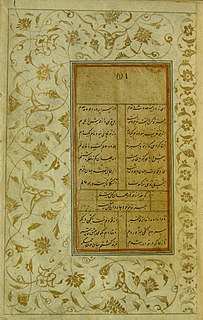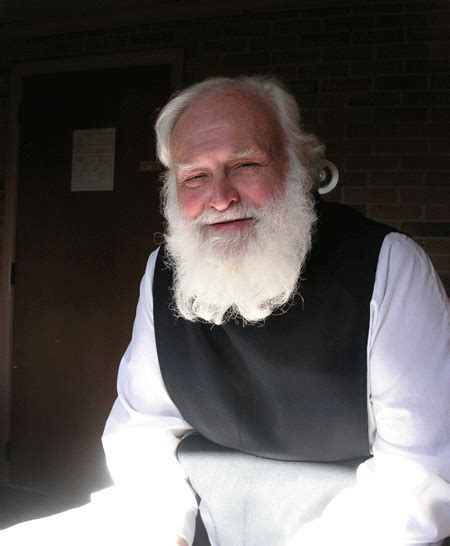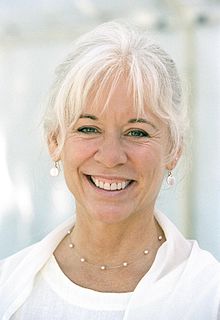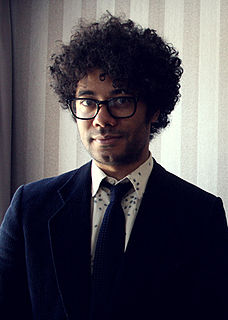A Quote by Mahmud Shabistari
Knowing is passing from the false to the true and seeing the Absolute Whole in the part.
Related Quotes
Unfortunately, in seeing ourselves as we truly are, not all that we see is beautiful and attractive. This is undoubtedly part of the reason we flee silence. We do not want to be confronted with our hypocrisy, our phoniness. We see how false and fragile is the false self we project. We have to go through this painful experience to come to our true self.
Either Christianity is true or it's false. If you bet that it's true, and you believe in God and submit to Him, then if it IS true, you've gained God, heaven, and everything else. If it's false, you've lost nothing, but you've had a good life marked by peace and the illusion that ultimately, everything makes sense. If you bet that Christianity is not true, and it's false, you've lost nothing. But if you bet that it's false, and it turns out to be true, you've lost everything and you get to spend eternity in hell.
You came here with something to do. You are part of a universal consciousness, and there are no accidents in it. In your true essence - not the false self, not the ego part of you, but in the true essence of who you are - you are infinite and you have something very profound to accomplish while you're here. Otherwise you wouldn't be here.
Our conscious motivations, ideas, and beliefs are a blend of false information, biases, irrational passions, rationalizations, prejudices, in which morsels of truth swim around and give the reassurance albeit false, that the whole mixture is real and true. The thinking processes attempt to organize this whole cesspool of illusions according to the laws of plausibility. This level of consciousness is supposed to reflect reality; it is the map we use for organizing our life.
We open our eyes and we think we're seeing the whole world out there. But what has become clear—and really just in the last few centuries—is that when you look at the electro-magnetic spectrum we are seeing less than 1/10 Billionth of the information that's riding on there. So we call that visible light. But everything else passing through our bodies is completely invisible to us. Even though we accept the reality that's presented to us, we're really only seeing a little window of what's happening.
True, absolute silence and true, absolute love are not different. Absolute silent awareness overflows with simple, fulfilled absolute love. Objects - people, nature, emotions - may or may not appear. Objects are not needed and they are welcomed. The joy of this full silence is uncaused and unlimited. Always here, always discovering itself. It is the treasure, and it is hidden only when we refuse to keep quiet and find out who we are.
All religions, plainly and simply, cannot be true. Some beliefs are false, and we know them to be false. So it does no good to put a halo on the notion of tolerance as if everything could be equally true. To deem all beliefs equally true is sheer nonsense for the simple reason that to deny that statement would also, then, be true. But if the denial of the statement is also true, then all religions are not true.







































